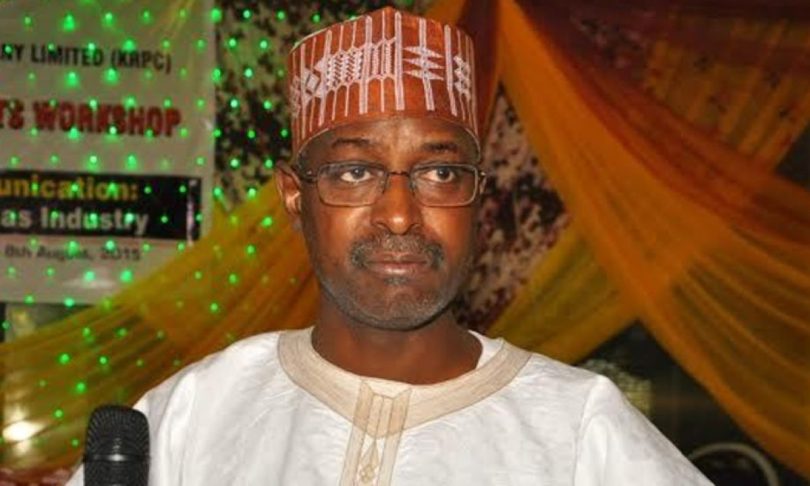The federal government has announced plans to resuscitate grazing reserves to end cattle wandering.
The minister of livestock development, Idi Maiha, disclosed this at the National Pasture Planting Day in Kawu Grazing Reserve, Bwari, FCT, on Tuesday.
The move aims to promote sustainable livestock development and economic empowerment for millions of Nigerians who depend on livestock for their livelihood.
He stated that the gesture was a national effort to improve animal nutrition and boost meat and dairy production.
Mr Maiha said it was also aimed at a transition to climate-smart livestock systems.
He identified the exercise as a symbol of hope and a future where cattle do not need to wander hundreds of kilometres in search of food and water.
Mr Maiha explained that the pasture planting signalled a new era in which grazing reserves were not just places of grass, but centres of excellence in animal husbandry and veterinary services, among others.
“Today marks not just the planting of seeds in the soil, but the sowing of a vision for resuscitation of our grazing reserves, sustainable livestock development, environmental stewardship, peaceful pastoral practices among others.
“A place where young people can find jobs, where herders and farmers live in harmony, and where Nigeria becomes self-sufficient in livestock production,” he said.
Mr Maiha identified the National Pasture Planting Day as a vital part of the country’s renewed strategy to modernise livestock production.
According to him, it reminded all stakeholders of the need to shift to more sustainable and productive models for pasture and fodder that benefit both pastoralists and farmers, while safeguarding the environment.
Mr Maiha emphasised that grazing reserves were not merely patches of land, but hubs of opportunity for pasture and crop production, breed improvement, and animal health improvement through efficient veterinary services.
He further said that they also served for conflict mitigation, youth employment, women empowerment through organised milk production and sale systems, and food security.
The minister identified lack of quality and sustainable fodder as one of the greatest challenges facing livestock development.
He said it had led to nutritional deficiencies in animals, reduced productivity, and conflicts between herders and farmers.
“Through the National Pasture Development Programme, under the ministry, we are investing in the release and registration of pasture varieties into our national seed system and eight have been released.
“Training of herders and extension officers; strategic pasture seed banks and feedlots; irrigation and water harvesting systems, among others”.
The minister called for the collaboration of state and local governments for the identification of grazing lands.
He further urged pastoral communities to embrace innovation and peaceful coexistence.
(NAN)

